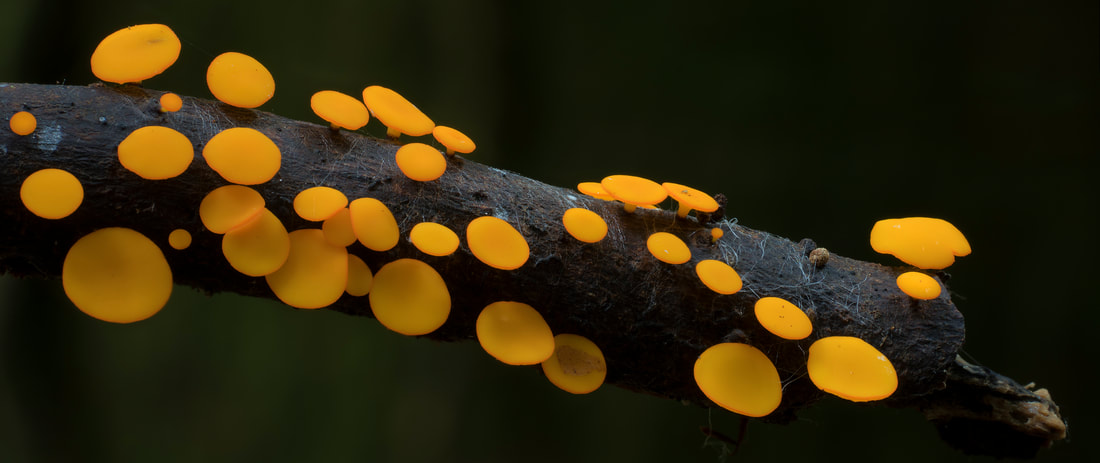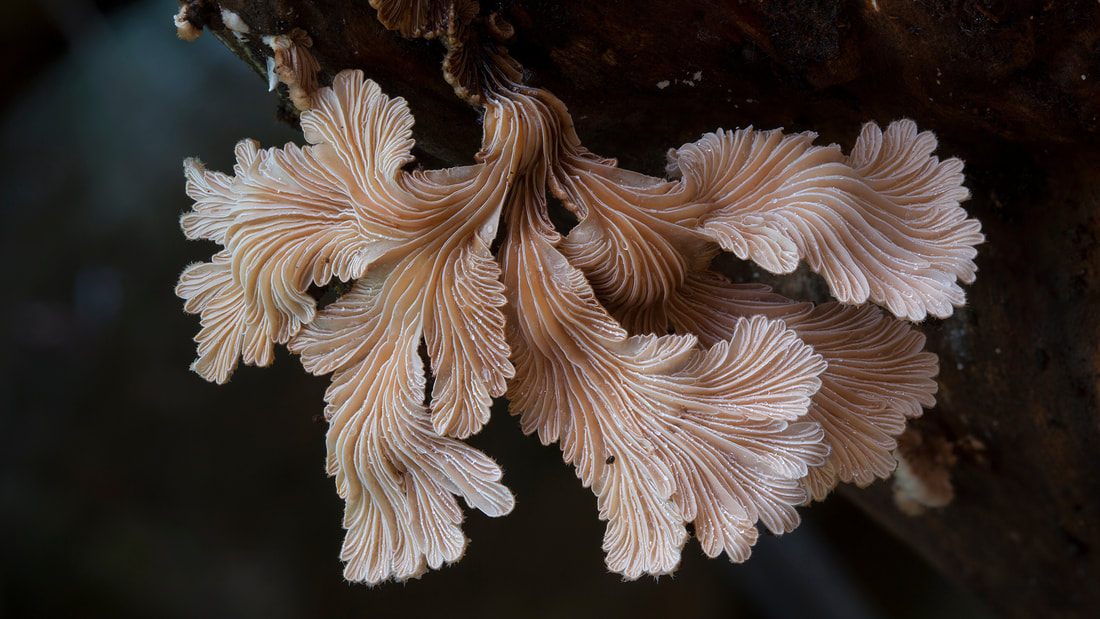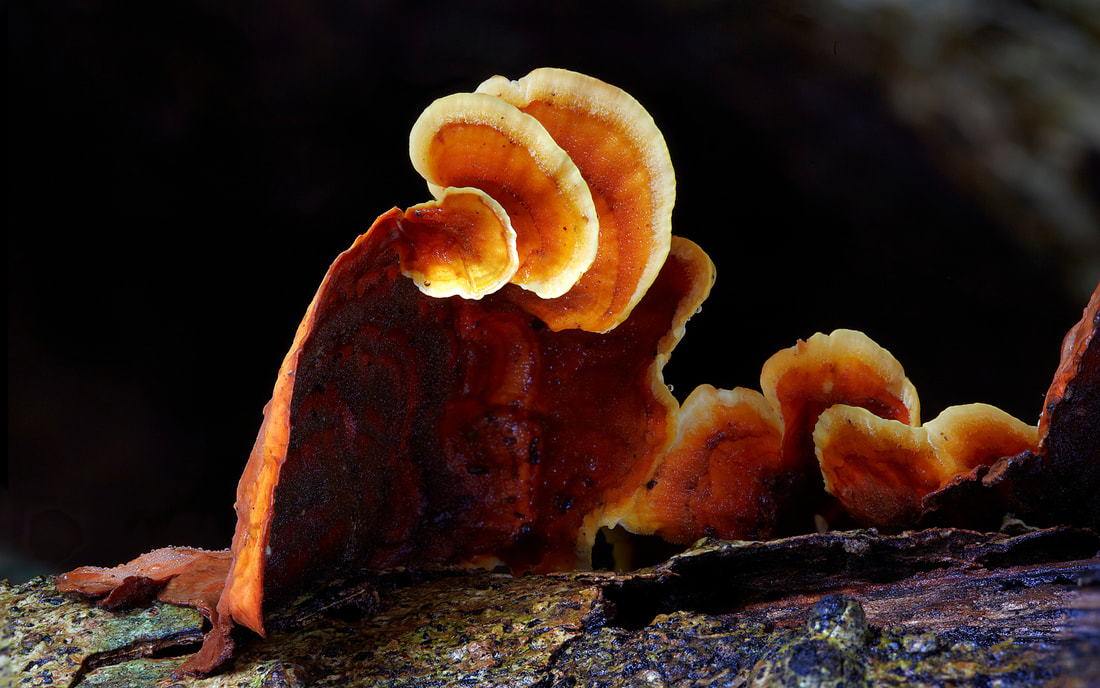|
We reached out to our festival filmmakers to ask them five questions about the experience of making their films.
Describe some of the challenges faced while making this film/program? Writer and Director Annamaria Talas: The biggest challenge was to create a narrative that waves in the most important and surprising things about the weird and wonderful kingdom of fungi. I believe that storytelling can be one of the most effective tool to understand the world around us, so I chose the story of evolution on land from the perspective of fungi. However, the second challenge was the sheer lack of publicly available information about their evolution and natural history. Despite having a background in biology, writing the script involved learning the ‘tribal’ languages of environmental physiology, metabolomics, paleobotany, medical mycology and deciphering the most recent findings for a television audience. When I started my research, I didn’t anticipate that these fields were about to change dramatically - even within a year - that I’ll have to rewrite the script again and again to provide the most comprehensive story of how fungi shaped our world. What impact do you hope this film/program will have? AT: From the beginning my aim was to bring attention to this little known, yet so powerful world. In our fast changing world fungi is bound to have an important role in biodiversity, agriculture, CO2 sequestration, in recycling waste and in medicine. Fungi can be our biggest allies in solving many of our problems as well as formidable enemies. Scientists in our film predicted the rise of new human fungal pathogens and just couple of years later we witnessed the emergence of C.auris as a global health threat. Any fun facts about the film/program, the subject matter or the production crew that might surprise the audience? AT: 1. The Third Mode of Life: Fungi represent “a third mode of life” alongside single celled and multicellular organisms. They are networks. Like a brain, these networks are adaptive.They respond to the environment allowing fungi to deploy nutrients where they are most needed, explore resources, combat enemies or make urgent repairs. 2. Sleeping Beauties: Spores embedded 2.5 kms under the Pacific seabed were recovered and grew to a 1 cm tall mushroom, closely related to a species called Schizophyllum commune. 3. Sexual identities: Fungi have up to 28,000 sexual identities to choose from but they can also make babies without having sex - asexually. That’s where things get tricky for mycologists trying to catalogue fungi. Fungi, depending on their choice of reproduction – sexual or asexual – appear as wildly different. In 1994, Kathie Hodge and her students from Cornell University went mushroom hunting. Among the findings was a mysterious fungus picked from a beetle grub. It was identified as C. subsessilis an extremely rare species from the insect-eating group, Cordyceps, that reproduces sexually. The surprise came, when Kathie germinated the spores and it developed into a well know – asexual - mold, that single-handedly made organ transplants possible by producing an immunosuppressant, cyclosporine. 4. Harvesting energy: all fungi have melanin, the dark pigment we have in our skin. Researchers thought melanin might be protecting the fungi against gamma radiation much as it protects us from UV rays. But according Professor Arturo Casadevall, discovered that their melanin is capable of harvesting the energy of gamma rays. In his lab, radiated fungi grew faster but only if they contained melanin. We’d long thought only plants could harvest energy from radiation. Not so, it seems fungi can do it too. What next? AT: My next documentary is investigating through the lens of Big Data how success emerge – The Science of Success. I like to think of this film as a natural history of society, where we are looking for patterns to reveal the nature of success. Big data acts as a telescope through which previously unknown social processes can be seen for the first time.
0 Comments
Leave a Reply. |
Archives
March 2024
Categories
All
|
Contact UsJackson Wild
240 S. Glenwood, Suite 102 PO Box 3940 Jackson, WY 83001 307-200-3286 info@jacksonwild.org |




 RSS Feed
RSS Feed